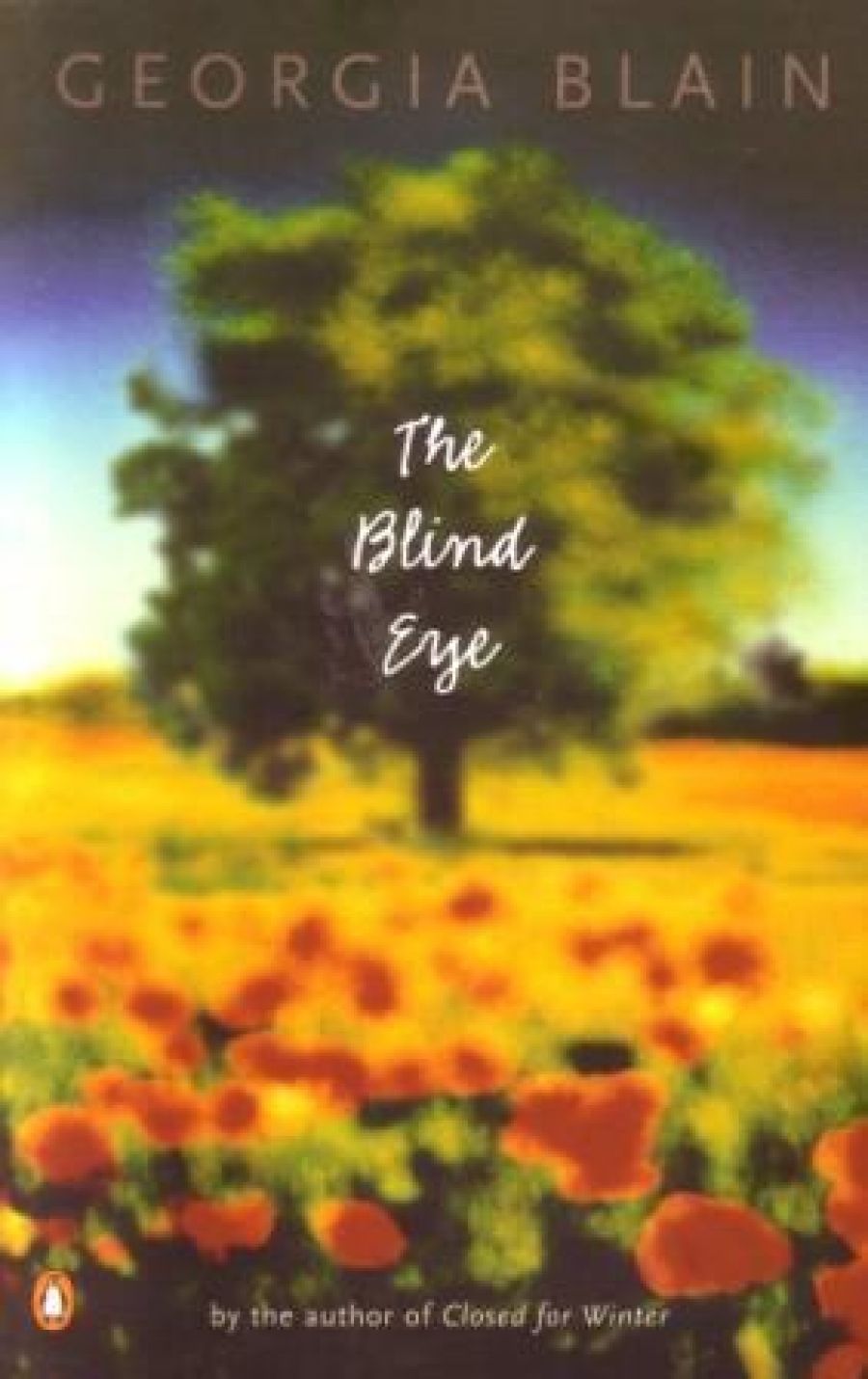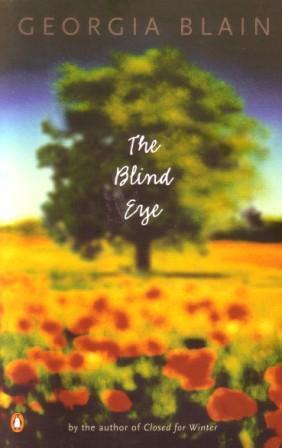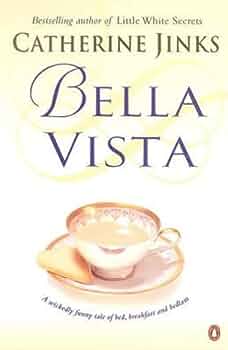
- Free Article: No
- Contents Category: Australian Fiction
- Review Article: Yes
- Article Title: Homeopathic Knots
- Online Only: No
- Custom Highlight Text:
Reading Australian novels is often like gazing through an album of snapshots taken by various photographers attending the same party. The subject matter will depend on what stage of the evening the photos were taken – all the way from pre-dinner drinks to the finale of a Bacchanalian brawl – and it will depend, of course, on who is taking the photos. What is the photographer looking for? Who are the subjects that captivate?
- Book 1 Title: The Blind Eye
- Book 1 Biblio: Viking, $30 pb, 289 pp
- Book 1 Cover Small (400 x 600):

- Book 1 Cover (800 x 1200):

- Book 2 Title: Bella Vista
- Book 2 Biblio: Penguin, $22 pb, 305pp
- Book 2 Cover Small (400 x 600):

- Book 2 Cover (800 x 1200):

The ‘Bella Vista’ is a gracious guesthouse in Leura, bought by Steven and Avril as the family business after his retirement from a bank. Fastidious by nature, Avril throws herself with gusto and love into the world of open fireplaces, home-made lemon drops and neatly displayed magazines. She is one of those lucky souls who can make sense of life through the order they impose upon it. During a particularly spectacular crisis in the war that ensues between Steven and Avril, she takes comfort in this order. ‘Gazing about her exquisite possessions, Avril was once more reassured. In such a setting, even heartache and loss must take on a more dignified, classical, aesthetically pleasing nature.’
Steven has inadvertently sparked the war because of his dereliction of duties. It is Steven’s job to clean the Bella Vista’s five bathrooms: one day, Avril finds a pubic hair in the shower stall. It is too much. But Steven has other matters on his mind. He is running for mayor on the Blue Mountain’s City Council. As he lobbies for position, the intricacies of who will vote for whom become excruciatingly and ludicrously complicated.
Steven and Avril’s daughter, Natasha, is a brittle young woman who works in marketing in Sydney. She seems to possess no moral sensibilities whatsoever as the fraught victims of her relationships regularly ram the guesthouse door, trying to kill her.
Enmeshed in the drama is the full array of the Blue Mountains community in all its glory: tour operators, conservationists, space cadets, and battlers. Not to forget the visitors who pour through the guesthouse, gorging themselves for the weekend, only to return to Sydney on Sunday evening feeling decidedly ‘liverish’. However, I did notice that Jinks managed to steer clear of the local writing community.
The focus of Bella Vista, the feud between Steven and Avril, is an astute examination of how married people grapple for supremacy. Steven and Avril observe each other with deadly accuracy. ‘Steven reflected on her probable tactics… She would drift out of the room whenever he entered it, but in a pointed manner, leaving no doubt that she was being intentionally rude.’ They are modern, savvy readers of body language, and they know their psychology.
Nobody wins, of course, and Steven and Avril are simply trying to be happy. Jinks’s ability to enjoy the predicaments of this particular community, not without sympathy, is all too rare in Australian writing. She has the confidence and, more importantly, the ability to employ humour, rather than navel-gazing, in order to solve existential mysteries.
Georgia Blain, on the other hand, is a more serious writer. One of many authors who have been hothoused in Peter Bishop’s shed in the gardens of Varuna, her novels, Closed for Winter (1998) and Candelo (1999), have so far insisted on a somewhat melancholy, enigmatic voice. I think of it as the last-night-I-dreamt-I-went-to-Manderley voice. There is always a mystery at the heart of the novel, something that happened in the woodshed. Characters are referred to about whom we know nothing, but patient reading will reveal who these people are. Gradually, with increasing tension, the pieces will come together.
The narrator of The Blind Eye, Daniel, a homeopath, is fascinated by a particular patient, Silas, a rich, haunted, self-mutilating young man from a dysfunctional family. In the course of the treatment, it transpires that the healer, Daniel, has more in common with his patient than he imagined.
The geographical heart of the novel is a finely described, decaying gulf town. Silas goes there ostensibly to restore his mother’s house. On the outskirts of town, he discovers a beautiful girl, Constance. Depicted as the archetypal princess, Constance is blind and lives with her old father, a guru whose fans have long since deserted him. Constance has inherited powers far greater than those of her father, who has impressed people in the homeopathic community over the years with his writings on the collective unconscious.
Homeopathy, which cures on the basis of the hair of the dog, is the driving motif of the novel, each section of which is prefaced with a quote from homeopathic texts. This device is currently popular with novelists, but it makes me nervous. Taken out of context, the quotes are given a profound quality, but you just know they are a metaphor for something. E. Annie Proulx’s knots have a lot to answer for.
Homeopathy is explored thoroughly from the perspective of both healer and patient. Along with other forms of alternative medicine, this practice, originating from the Germans, has no scientific basis, yet it is becoming increasingly popular. Clearly, Blain is suggesting that there is more than one way to see the world, more than one way to heal the body and the heart.
Georgia Blain is a profoundly compassionate, poetic and, yes, gifted writer. I like to picture her and Catherine Jinks at that party. While Jinks would be joining in the revelry, happily snapping away as the drunks get merrier, Blain would be attracted to the pale young man in the corner, the sad one with long, thin scars trailing down his arms.


Comments powered by CComment